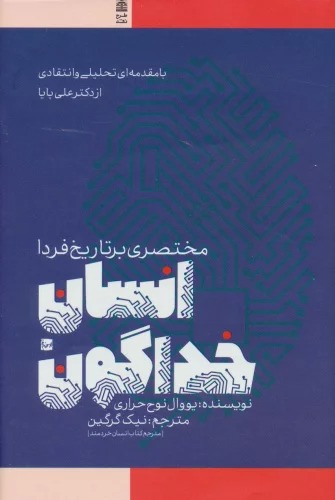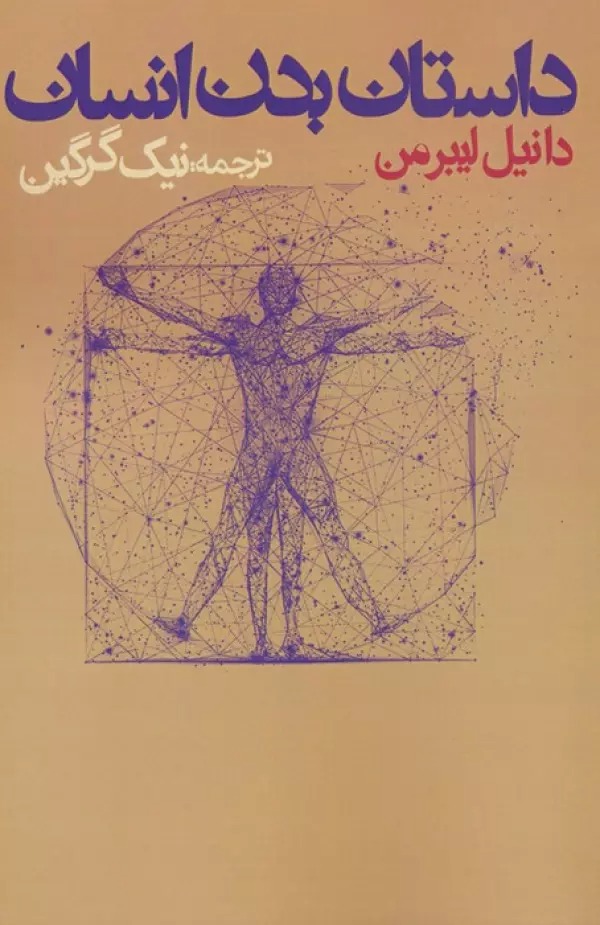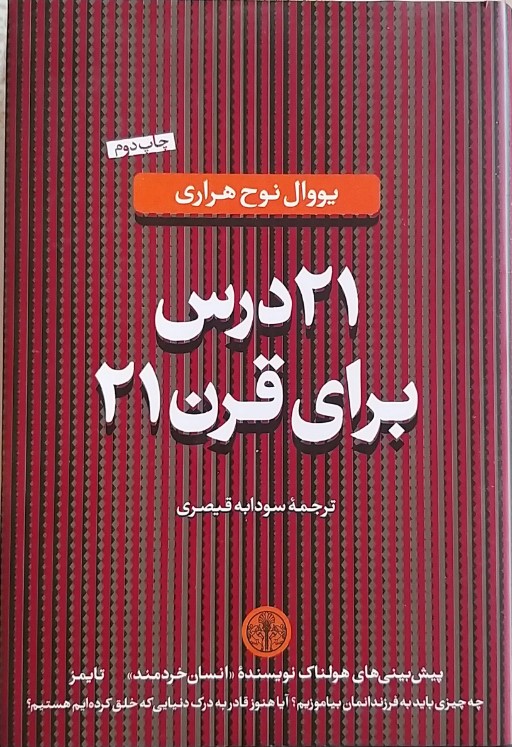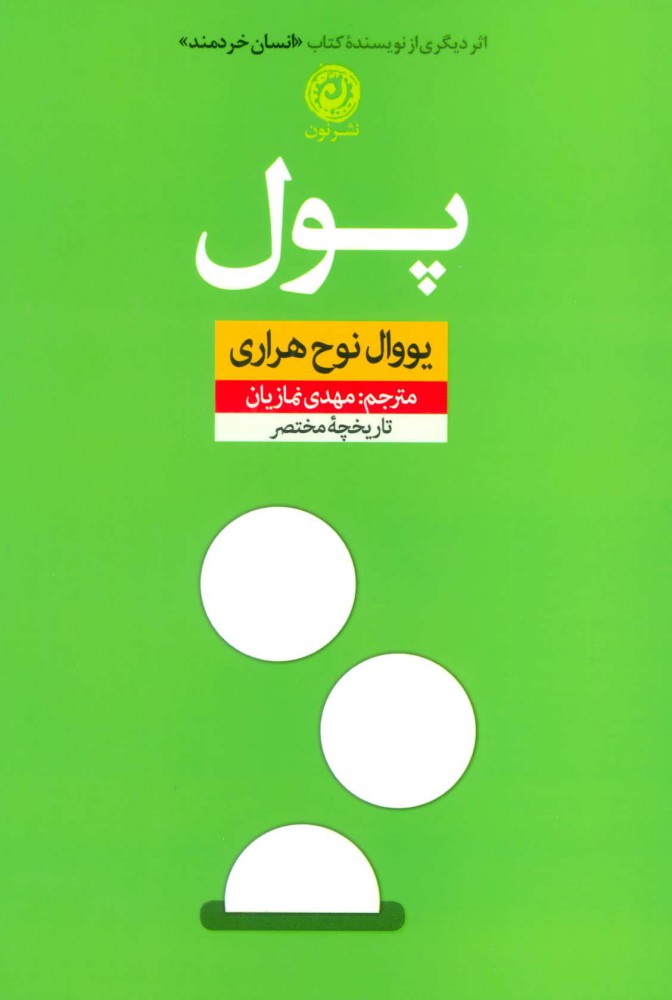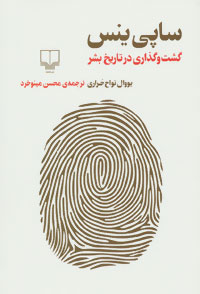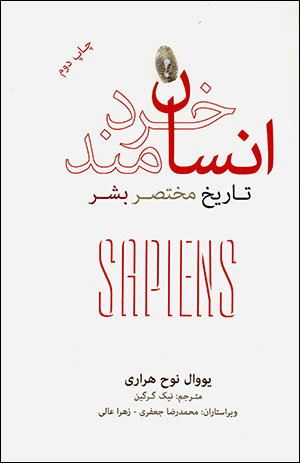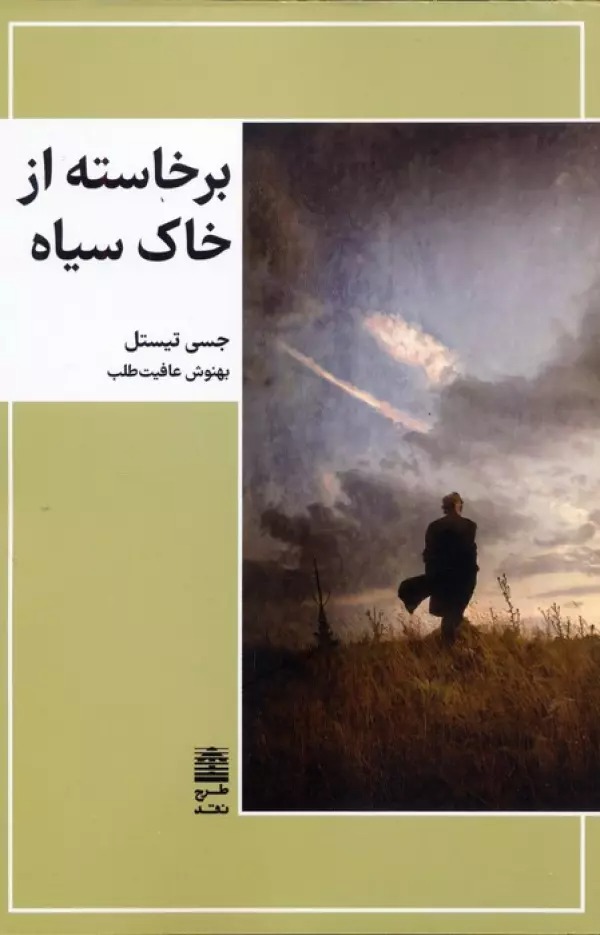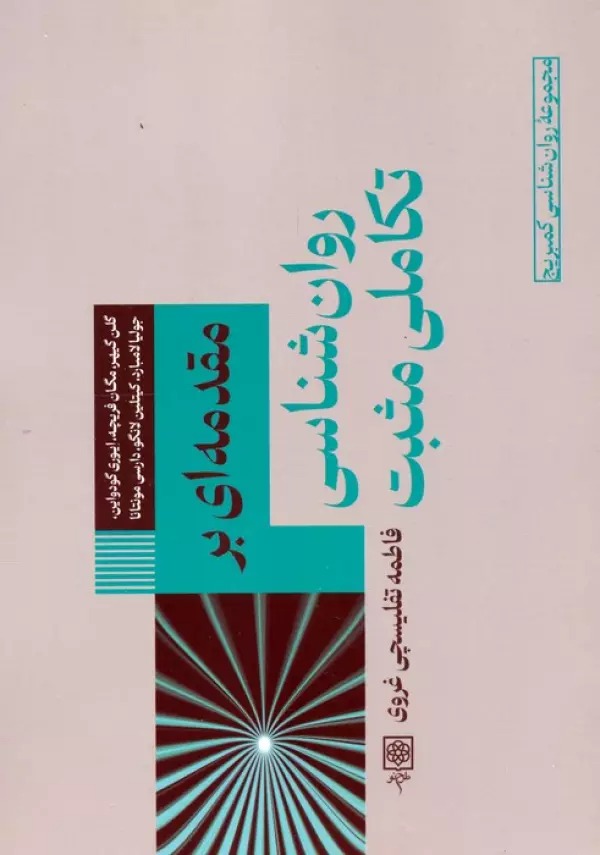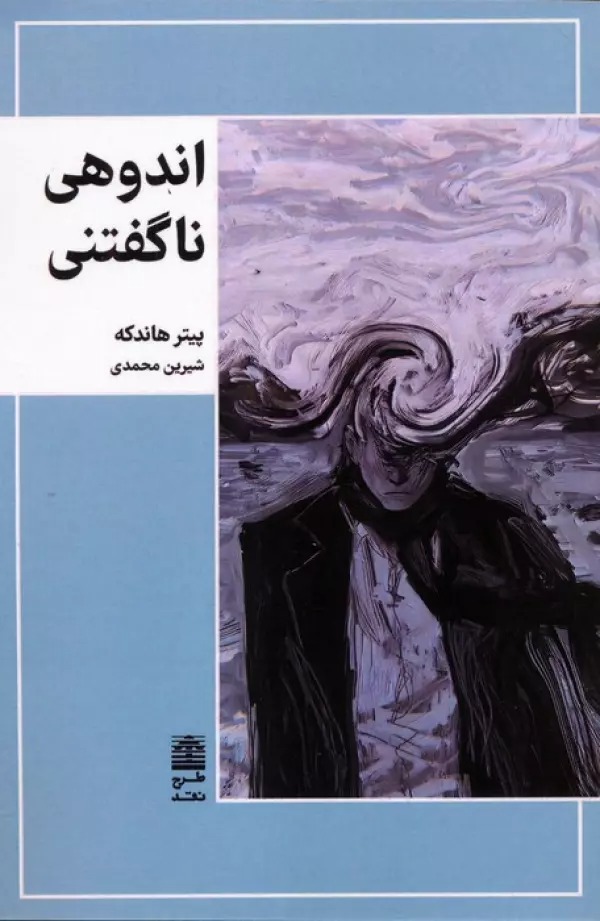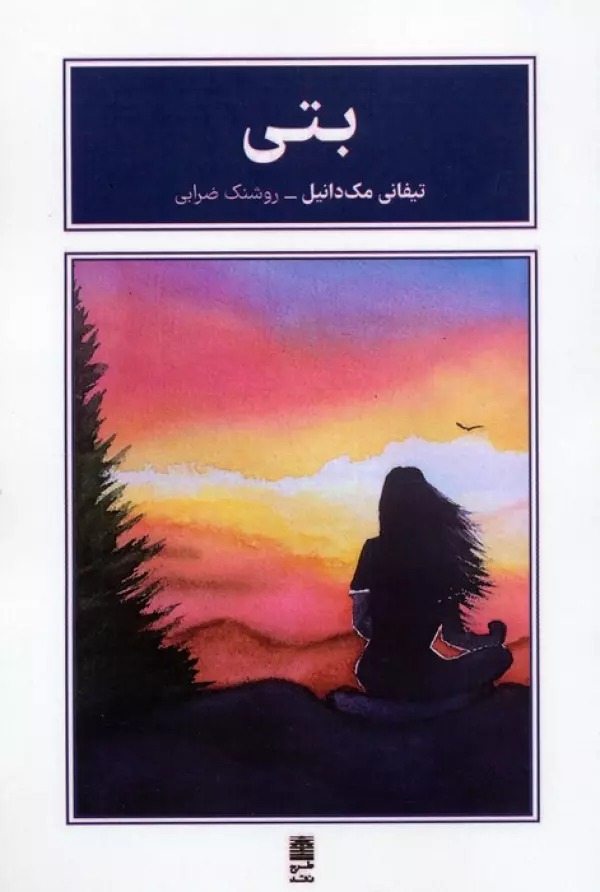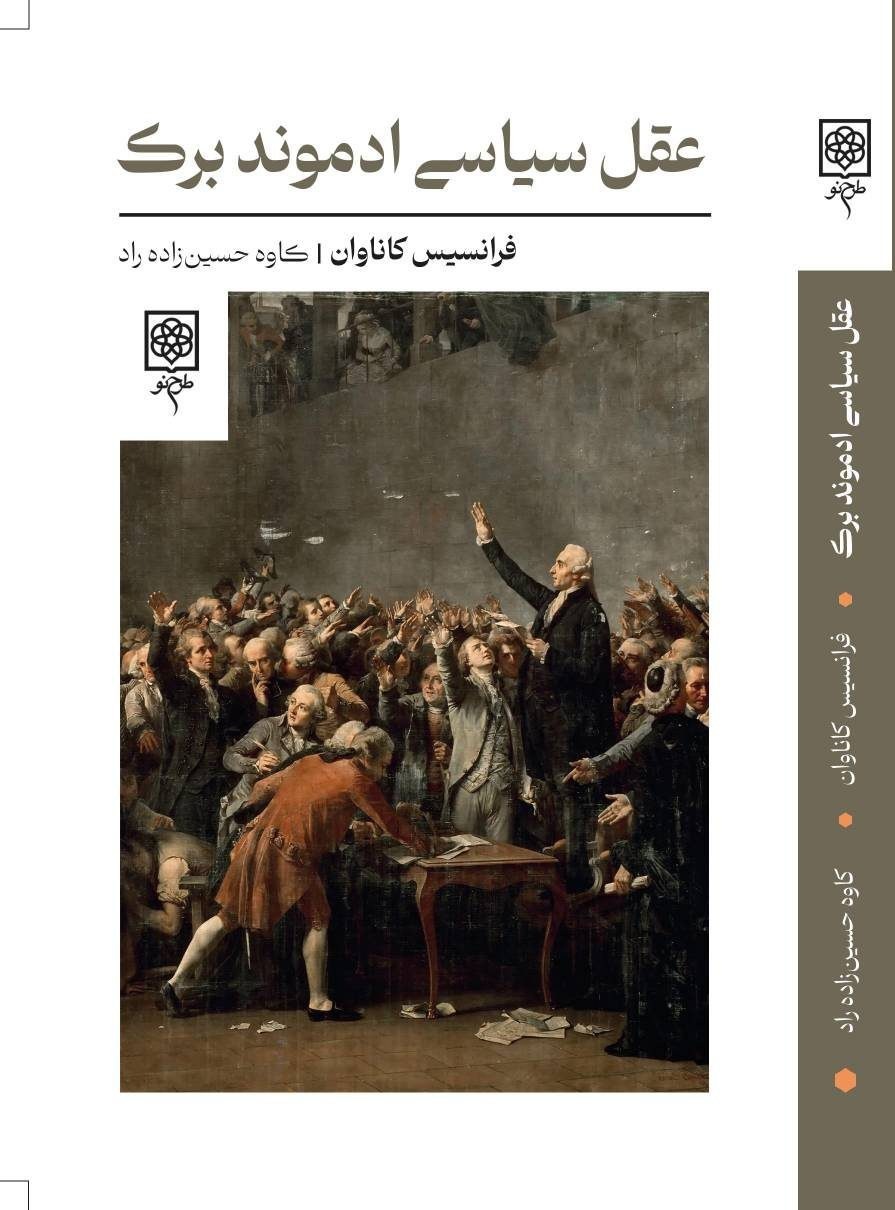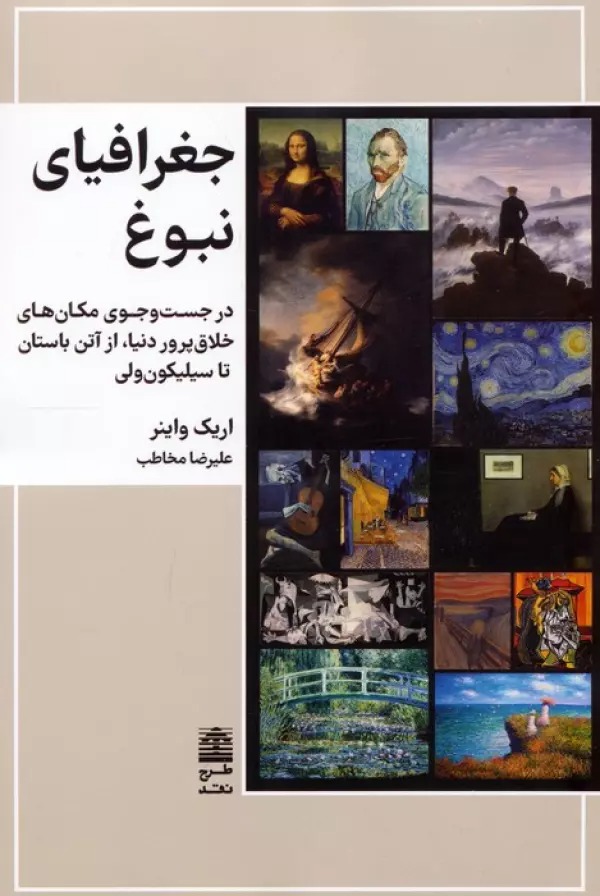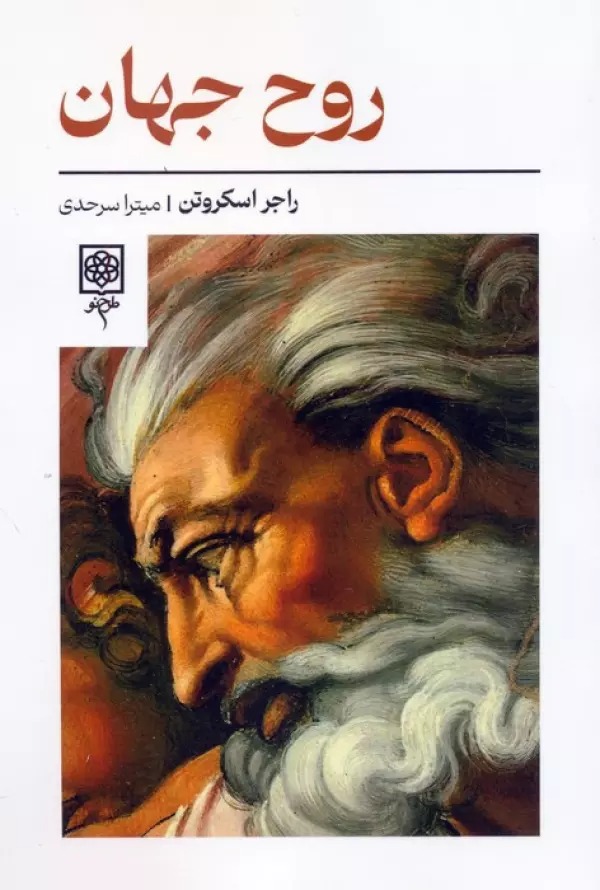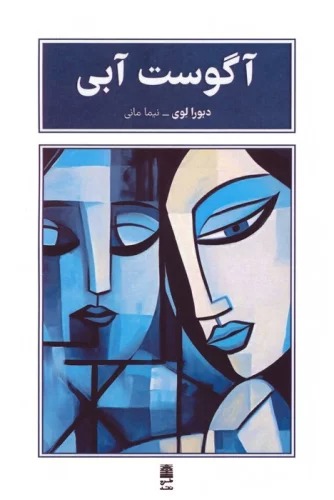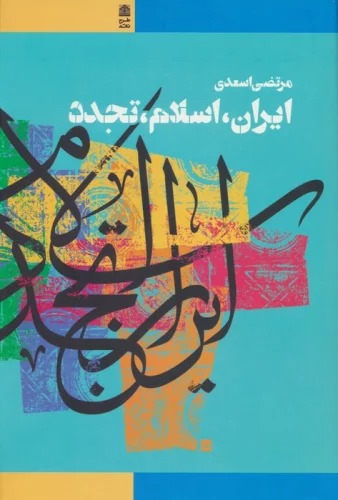Insān-i Khudā'gūn (Mukhtaṣarī bar Tārīkh-i Fardā) : Persiska (Farsi) 1397
انسان خداگون (مختصری بر تاریخ فردا)
23,40 $
Dela
Wishlist
Originaltitel:
Homo Deus
ISBN:
9786008582151
Översättare:
Nīk Gurgīn
Förlag:
Tarh-i Naqd
Åldersgrupp:
Vuxen
Sidor:
540
Vikt:
858 g
Produktmått:
14 x 21 x 6 cm
Bokomslag:
Inbunden
Yuval Noah Harari, author of the critically-acclaimed New York Times bestseller and international phenomenon Sapiens, returns with an equally original, compelling, and provocative book, turning his focus toward humanity’s future, and our quest to upgrade humans into gods.
Over the past century humankind has managed to do the impossible and rein in famine, plague, and war. This may seem hard to accept, but, as Harari explains in his trademark style—thorough, yet riveting—famine, plague and war have been transformed from incomprehensible and uncontrollable forces of nature into manageable challenges. For the first time ever, more people die from eating too much than from eating too little; more people die from old age than from infectious diseases; and more people commit suicide than are killed by soldiers, terrorists and criminals put together. The average American is a thousand times more likely to die from binging at McDonalds than from being blown up by Al Qaeda.
What then will replace famine, plague, and war at the top of the human agenda? As the self-made gods of planet earth, what destinies will we set ourselves, and which quests will we undertake? Homo Deus explores the projects, dreams and nightmares that will shape the twenty-first century—from overcoming death to creating artificial life. It asks the fundamental questions: Where do we go from here? And how will we protect this fragile world from our own destructive powers? This is the next stage of evolution. This is Homo Deus.
With the same insight and clarity that made Sapiens an international hit and a New York Times bestseller, Harari maps out our future.
more
هرساله در مغربزمین شمار زیادی از کتابها و مقالات با رویکرد به «شناخت آینده» انتشار مییابد. سوگمندانه باید اظهار کرد که اکثریت این آثار متعلق به نویسندگانی است که با درهمآمیختن برخی اطلاعات برگرفته از کاوشهای علمی و شماری از دستاوردهای تکنولوژیک، و مطرحساختن مدعاهای گزاف اما پرجاذبه و «خوانندهجذبکن» روایتهای هوشرُبا از آنچه در دهههای آینده در انتظار ابناء بشر است فراهم میآورند، و به میلیونها خواننده در سراسر جهان اینگونه القا میکنند که آنچه آنان پیشبینی کردهاند همان است که قرار است تحقق یابد.
ازجمله مشخصههای این قبیل آثار میتوان به نثرهای تأثیرگذار، کثرت اطلاعات غریب و ناشنیده و یا کمتر شنیدهشده، پیشگوییهای شبهپیامبرانه دربارهی آنچه در آینده رخ میدهد،تأکید بر قوت علمی دعاوی مطروحه در آنها اشاره کرد.
کتاب یووال نوح حراری هر چند با این سبک یا اثر ادبی مشترکات زیادی دارد، اما درعینحال حاوی اطلاعات و آموزهها، و بصیرتهایی است که اگر با هشیاری و با نگاهی نقادانه از آنها بهره گرفته شود میتواند به خواننده نظرگاهی ارائه دهد که از فراز آن بهتر تحولات پیش رو را فهم کند و در قبال آنها مواضعی مناسب اتخاذ کند.
به همین منظور این کتاب با مقدمهای تحلیلی ـ انتقادی از سوی دکتر علی پایا به خوانندهی فارسیزبان عرضه میشود تا در عین لذتبردن و بهرهگرفتن از خواندن کتاب نگاه نقادانه و تحلیلی خود را بر مضامین این کتاب نبندد.
more

